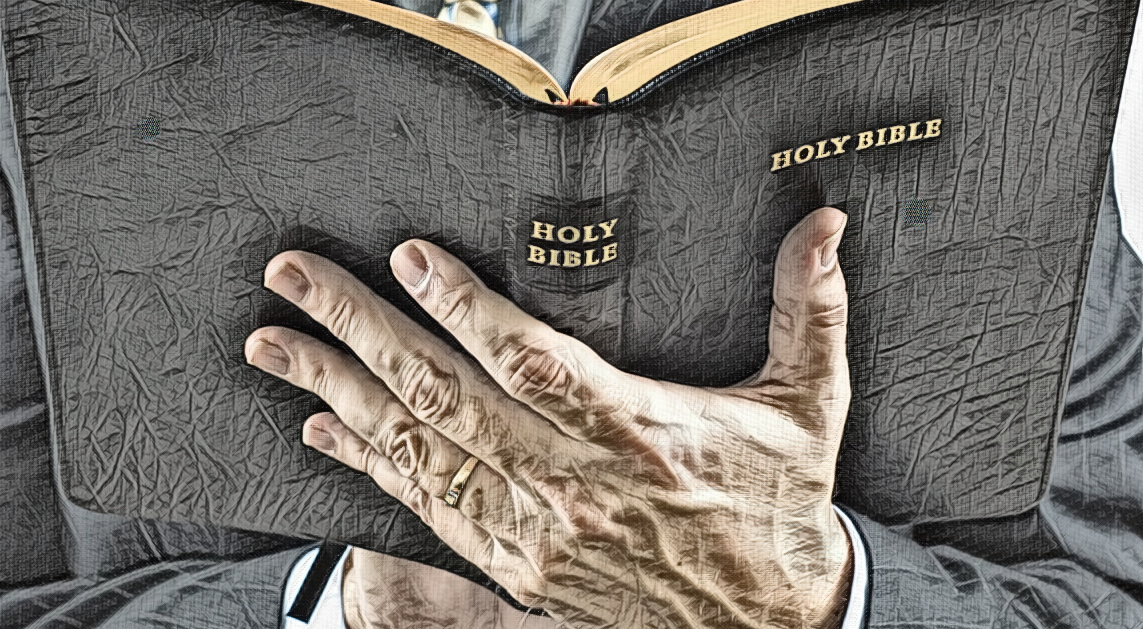
By James Pylant
Copyright © | Posted 15 October 2020
All Rights Reserved. Do not post or publish without written permission.
Return to Features
On 2 June 1870, a sixty-one-year-old Methodist minister named Samuel Anthony was enumerated on the rolls of the federal census that year as a resident of Americus, Georgia.1 There’s nothing remarkable about his name being recorded in the census—except that he supposedly died more than a year earlier. The 8 April 1869 edition of The Carthage Republican (Carthage, Hancock County, Illinois) reported that:
A minister named Anthony, who was performing a marriage ceremony in Andersonville, Georgia, on Thursday last, while in the middle of the ceremony, was interrupted by the step-father of the lady, who ordered him to desist. He remonstrated with the intruder, telling him it was too late, and that he ought not to be guilty of such unseemly conduct. The man’s response was the raising and firing at almost point range, of a double-barreled shot gun loaded with buck-shot, the entire load taking effect in the lower part of his victim’s stomach. The brave old man fell to the floor, but by a tremendous effort, raised himself up and saying, ‘I will finish the job,’ proceeded with the ceremony and pronounced the couple man and wife. He then fell over and expired.
The editor of the Atlanta Constitution took issue with that news story, calling it “shockingly distorted.” As he explained, the supposedly shot-down clergyman—Samuel Anthony—was well-known in the Peach State where he had been preaching for three decades. The story, as told in the Constitution, says it was accidental shooting at the hands of the bride’s uncle who was responsible for procuring the preacher. The jittery uncle had too much to drink and almost missed the ceremony. Wobbling into the wedding party, he made a speech-slurred announcement as he brandished a bird gun. “While the Parson was attempting gently to put aside the gun one barrel was discharged into the floor and the other into this venerable man,” wrote the Atlanta editor. Reverend Anthony finished performing the ceremony, but his wound was not fatal. He acquitted the bride’s uncle. And so, according to the Atlanta Constitution, no intrusive stepfather dramatically burst upon the scene and killed the minister.2
When reporting shooting deaths, newspapers sometimes “jumped the gun.” The same story appearing in a Massachusetts newspaper, the Fall River Daily Evening News, said it was believed that the wounded minister’s death was “momentarily expected at last accounts.”3 In Charlotte, North Carolina, the Democrat reported that Preacher Anthony was struck by a load of squirrel shot that entered the lower part of the abdomen on the right side. “He immediately sunk down, but declared his intention to finish the ceremony, and propped by pillows on a bed, commenced at the beginning and went through with it…Hopes are entertained of his recovery.”4
Recovery, indeed, was in the minister’s future. Not only did Samuel Anthony survive to have his name recorded in the federal census the following year, he lived another decade. His grave marker in Oak Grove Cemetery in Americus, Georgia, states the minister died on 3 March 1880.5
NOTES AND REFERENCES
- Samuel Anthony household, 1870 U.S. census, Sumter County, Ga., population schedule, Americus, p. 6 (penned), p. 288 (stamped), National Archives microfilm M593-174.
- [Untitled], The Daily Constitution (Atlanta, Ga.), 27 March 1869, p. 2.
- “Minister Shot at Marriage Ceremony,” The Fall River Daily Evening News (Fall River, Mass.), 17 March 1869, p. 2.
- “A Minister Shot,” The Charlotte Democrat (Charlotte, N.C.), 23 March 1869, p. 3, reprinting the article from The Macon Journal (Macon, Ga.), 10 March 1869.
- Rev Samuel Wesley Anthony Sr. memorial, no. 42,748,861, FindAGrave (https://www.findagrave.com/memorial/42748861/samuel-wesley-anthony), online database with images, which includes a photograph of the grave marker showing the dates of birth and death.
